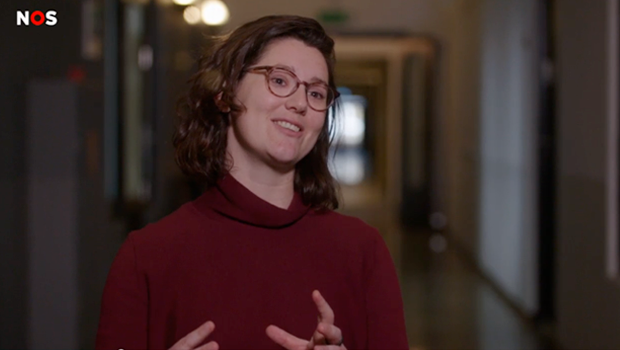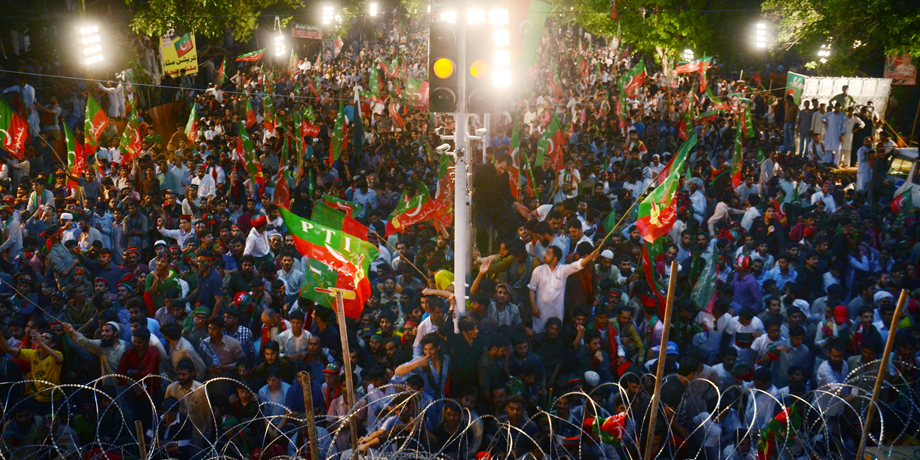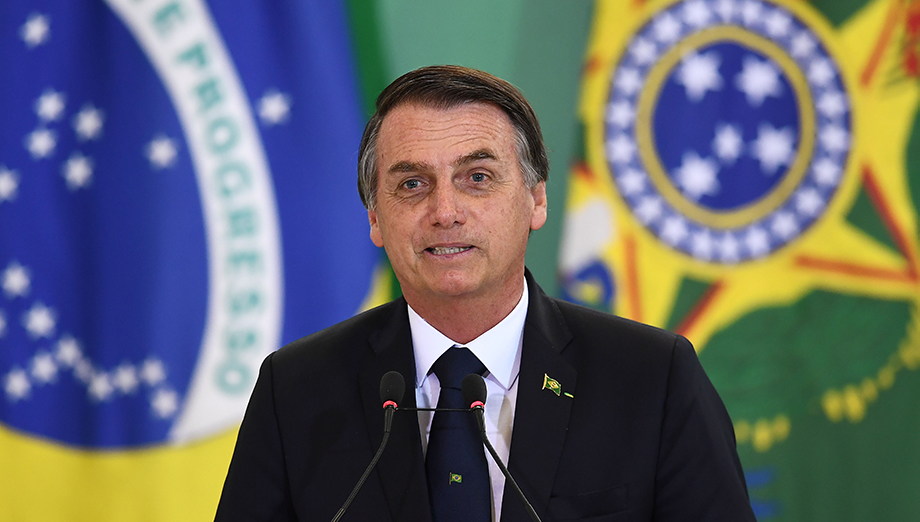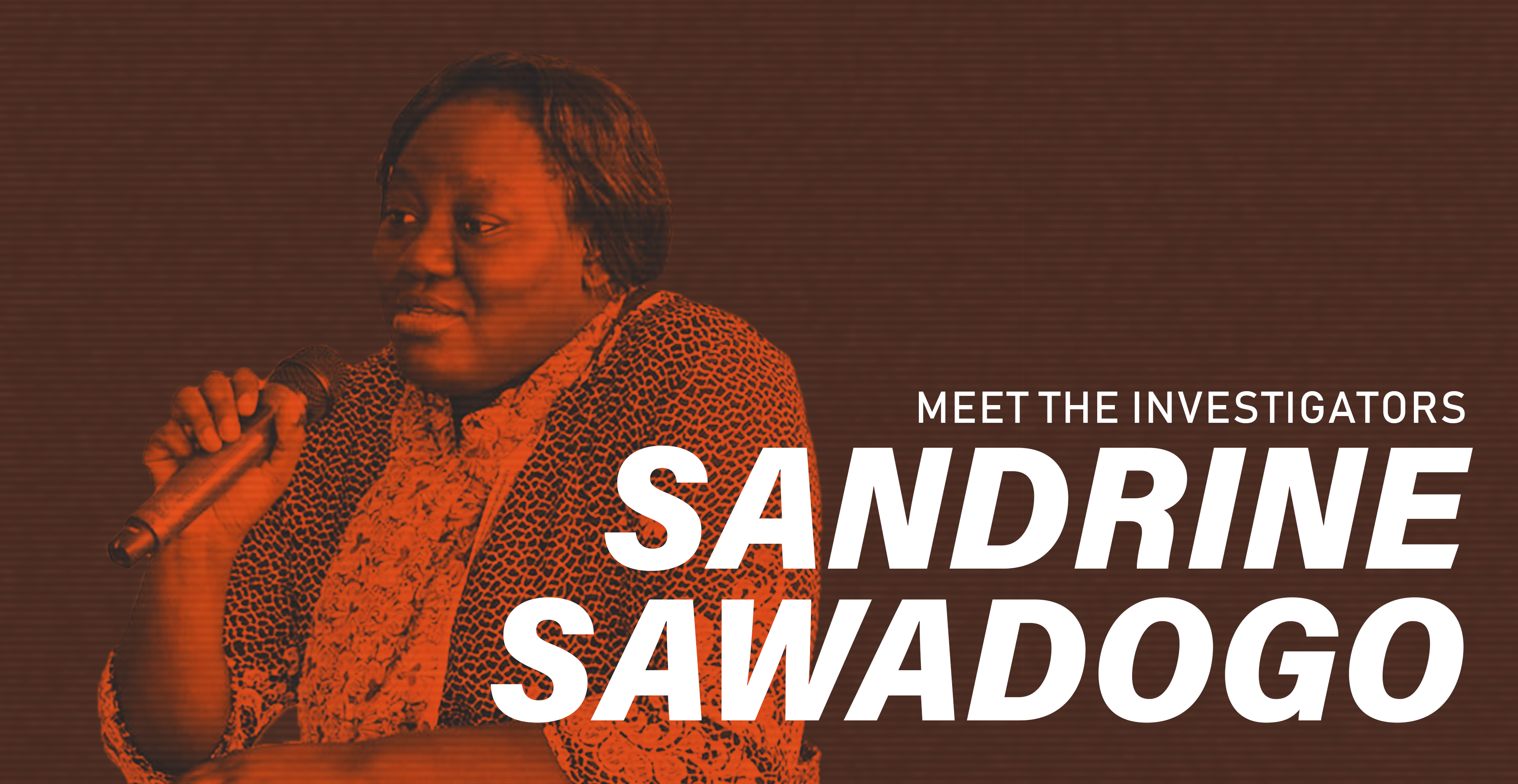The International Consortium of Investigative Journalists has hundreds of members across the world. Typically, these journalists are the best in their country and have won many national and global awards. Our monthly series, Meet the Investigators, highlights the work of these tireless journalists.
This month, we speak with Karlijn Kuijpers, a freelance investigative journalist in the Netherlands, who works for the newspaper Trouw and Investico, a non-profit, collaborative journalism group. Much of her reporting has taken a detailed look at the impact of corporate behavior — and it has made uncomfortable reading for some in her home country.
You specialize in investigating the impact that companies have on ordinary people’s lives, and your reporting sometimes offers a critical perspective on the corporate world. Is this kind of journalism welcomed by everyone in the Netherlands?
Not always, no. Sometimes there are people – on Twitter, mainly – saying our reporting is damaging economic growth in the Netherlands, and that, as a country, we just need to pursue business-friendly policies. It’s a tension we’ve always lived with in the Netherlands: “De koopman en de dominee” – which means “the trader and the preacher.” It’s about the clash between economic gains and morality.
This conflict is especially visible in discussions about tax avoidance by big global companies, something that goes on a lot in the Netherlands. We receive a lot of criticism from people who say we simply shouldn’t call out tax avoidance because the Netherlands gains economically from it. Only now, after years of reporting on this topic, our politicians are taking some steps to limit this avoidance – and this is because the reputational loss has become so big that it has begun to affect our economic gains, too.
So, even in this case, “the trader” is the voice that gets listened to.
What is it about corporations that interests you?
I don’t set out to research corporations for the sake of it. I always want to look at the effect they have on people. When I studied environmental issues, I learned how corporations affect the environment. That was my first taste of examining the world of business, and I’ve been taking a similar approach ever since.
With the Panama Papers project, for example, many of the offshore structures we found were a complex mix of corporations and banks. We wanted to show that, in the end, these structures affect how money is divided and shared among people living far away from tax havens. Basically, social and environmental consequences of corporate behavior are a consistent thread in the investigations I do.
If you’re interested in corporate reporting, why didn’t you go and work for a specialist financial paper?
I think those who read the traditional financial press are people who know a lot about finance and business, and I’ve always wanted to explain the way companies work in a way that’s accessible to everyone, and to show how businesses affect normal people’s lives.
Last year, for example, I did a series of investigations into companies that trade in consumer debt. I wanted to look at how these companies buy up debts. I explored who the owners were, how firms were financially structured. And I did this because I wanted to explain how the business model worked to those people who were, themselves, in debt. Telling a story this way is not so easy in a financial newspaper.
In the Netherlands, we have one financial paper; it’s very good and I read it every day, but people who have debts, they don’t read this paper. And this paper isn’t likely to spend a lot of time investigating the human consequences of the trade in consumer debt.
You didn’t go to journalism school, was that a disadvantage as you started out as a reporter?
Yes, my route into journalism was a bit strange. I did two masters, one in environmental studies and one in criminology. And one of the first investigations I did was as an intern at [Dutch NGO] SOMO, the Center for Research on Multinational Corporations. It was about hydro-electric dams in Brazil. I wanted to understand corporations and learn methods to investigate them – reading annual reports and all that: that’s something SOMO was very good at.
After a while, I felt that neither academia nor NGOs were a good fit for me. I didn’t like writing big reports that very few people read because they were very technical. And I was interested in writing nicely written pieces that showed a story from different perspectives – that might be an article that was funny to read, or emotional.
In journalism, you’re much freer to write in an attractive way and reach a large audience. That’s something I enjoy, and I couldn’t achieve it so well in the NGO world.
A lot of great investigative journalism comes out of the Netherlands. Is it a good place to be a reporter?
We have a good journalistic culture but we have a very small country. And we have the same dynamics as in other countries in terms of shrinking advertising revenues and other financial challenges. But there’s still a lot going on.
In the Netherlands, media are collaborating more and more with each other, which is in part inspired by the ICIJ investigations. It’s great to be part of that. And there is a lot to investigate about the Netherlands — we are a tax haven and we have big corporations here.
As well as writing for Trouw, I also do a lot for Investico which is a collaborative, nonprofit organization that works with multiple media. In its current form, it started just after the Panama Papers were published, so the spirit of collaboration was very much there at that moment. We have a group of about 8 to 10 journalists. We form a big part of the investigative team, but we always work in collaboration with at least one media partner, most of the time two or even three.



